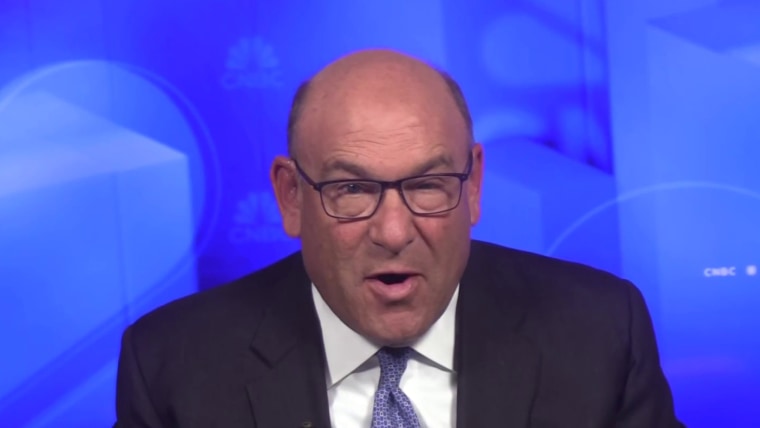Donald Trump’s firing of Bureau of Labor Statistics Commissioner Erika McEntarfer for releasing truthful employment figures showing a faltering U.S. economy is clearly not good news. But the consequences might be even worse than you think.
Trump’s actions weren’t based on a methodological disagreement. He fired McEntarfer because he doesn’t like the U.S. government releasing accurate numbers about the state of our economy — at least not when they make him look bad. In the short run, with luck, the impacts could be relatively modest. In the long run, without reforms to ensure quality data, this will lead to significantly slower economic growth than in other countries, and perhaps even a financial crisis.
After McEntarfer’s firing, government economic data can no longer be trusted or relied upon under this administration. Trump will not be able to appoint anyone with credibility to take over as BLS commissioner when it’s already clear that person could be fired for releasing accurate data. The same goes for other statistical agencies, too.
The free availability of high-quality economic data from the government is an important part of how our economy operates.
This doesn’t mean all government data will be fraudulent going forward, but it does mean it will be less trustworthy. Government data analysts will do their best to produce credible reports, and much of what they publish will be accurate, but these workers will be increasingly subject to political pressures, or outright meddling. Reputational damage has already been done — and the decline in trust carries real consequences.
The free availability of high-quality economic data from the government is an important part of how our economy operates. Businesses, entrepreneurs and families can’t make good plans based on untrustworthy information.
In practice, politicized data means the economic advantages Americans have long enjoyed — such as lower borrowing costs than the rest of the world — will begin to erode. Indeed, some experts and investors are already questioning whether higher interest rates will be necessary to compensate for the increased risks in the American economy brought about by Trump’s firing of the BLS commissioner. This could lead to higher costs for both the U.S. government’s debt payments and Americans’ mortgages.
Data reliability problems also create an uneven playing field for data, subtly undermining economic competition and growth.

There will still be plenty of economic information available—it’s just that the best data available won’t be as good, and it won’t be available to as many people. Private data companies will produce their own reports, but they simply aren’t capable of the same scale as the government’s current data collection efforts, and some of their reports will only be available to those who can pay.
Established corporations that can afford alternative data sources will have a greater economic edge. Entrepreneurs won’t have the same level of information to help them challenge more established players, so they’ll do so less frequently and with less success.
More and more, the United States looks like the countries we don’t want to emulate.
Worse, only Trump and his cronies will know whether, and how, government data has been juiced. This will give their companies a competitive economic advantage, further stifling competition. It also creates an additional incentive for corruption — and there is overwhelming evidence that corruption hinders growth in the long-run.
Most troublingly, bad data can lead to financial crises because it allows political leaders to steer their countries into worse economic trouble than they would otherwise be able to. It’s harder for investors, political opponents and anyone else outside the executive branch to warn about an inflationary or debt crisis if they don’t know about it. Bad data can also exacerbate crises, as people are more likely to panic based solely on rumor.
More and more, the United States looks like the countries we don’t want to emulate. Firing the BLS commissioner echoes early warning signs from Argentina and China where gutting independent economic institutions paved the way for major economic collapse.

Reliable data is but one of the many reasons democracies are generally rich and autocracies often are not. Autocrats try to erase facts that don’t fit their preferred narrative. They get rid of people who tell the truth, including government experts, and use fear to stop dissent. Unsurprisingly, then, autocracies also frequently suffer deep economic crises.
Firing the BLS commissioner may seem like a modest change in all the chaos the Trump administration has created, but it is not. Real damage has already been done. Still, most of the harmful economic consequences will be felt in the long term. This means there’s still time for Americans to push back, and ensure the next administration can’t cook the books.
